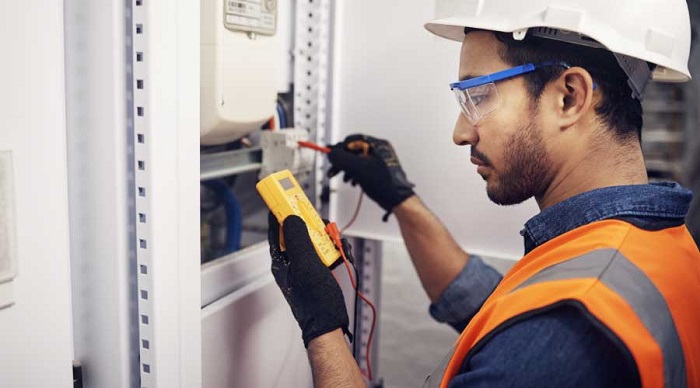PAT testing is an important procedure aimed at ensuring the safety of electrical appliances in the working environment. The testing system helps to reduce the risk of accidents and property damage by ensuring that electrical appliances are functional and safe.
One of the main points is that PAT Testing is not only a protective measure for your employees and property, but also a legal obligation. Neglecting to regularly test electrical appliances can lead to serious consequences: from insurers refusing to satisfy your claims to litigation.
Who needs PAT testing?
Responsibility for testing electrical appliances lies with everyone involved in the operation or management of equipment:
- Employers and personnel managers – they must ensure that all electrical appliances are regularly tested to prevent accidents;
- Landlords – they have a duty of care to ensure the safety of appliances provided to tenants;
- Contractors and maintenance personnel – must ensure that all electrical appliances used comply with safety standards.
What are the benefits of PAT testing?
Regular testing of electrical equipment reduces the risk of electrical short circuits, fires and other hazardous situations. According to the Electricity at Work Regulations, organisations, EICR, are required to carry out routine inspections of equipment. This is an important part of the overall risk management programme. Faulty equipment can lead to accidents, and failure to regularly test it can lead to lawsuits. PAT testing helps to avoid these risks. Regular testing of equipment is proof that the company complies with safety requirements, which is important for insurance claims.
The frequency of testing depends on the type of equipment and the conditions in which it is used. Some devices require testing annually, while others need to be tested less frequently. Testing should be carried out by competent, trained and certified personnel.
What happens if you do not carry out PAT testing? Neglecting regular testing can lead to insurers refusing to pay compensation and placing legal liability on the employer or landlord in the event of an accident.









 Bitcoin
Bitcoin  Ethereum
Ethereum  Tether
Tether  Solana
Solana
Leave a Reply